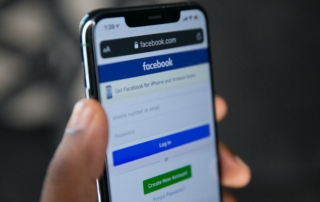Texas Pete’s Hot Sauce Accused of False Advertising in Class Action Lawsuit
On September 12, 2022, Plaintiff and California resident Phillip White, brought a class lawsuit on behalf of himself and other similarly situated plaintiffs against Defendant T.W. Garner Food Company in the United States District Court of Central District of California. The Complaint asserts that although T.W. Garner brands its hot sauce products under its Texas Pete brand name, there is “surprisingly nothing Texas about them.” Plaintiff alleges that unknown to consumers, Texas Pete’s hot sauces are standard Louisiana-style, made with ingredients sourced outside the state of Texas, at a factory in North Carolina. Even though the […]









